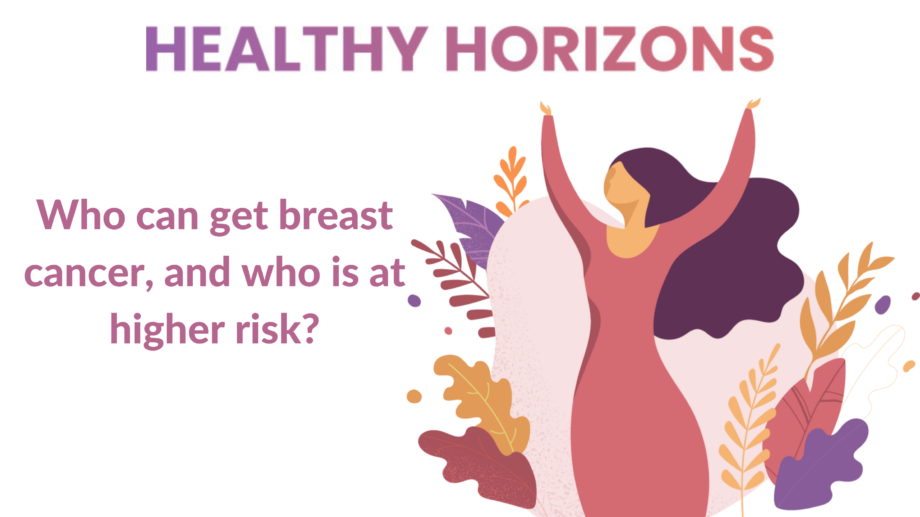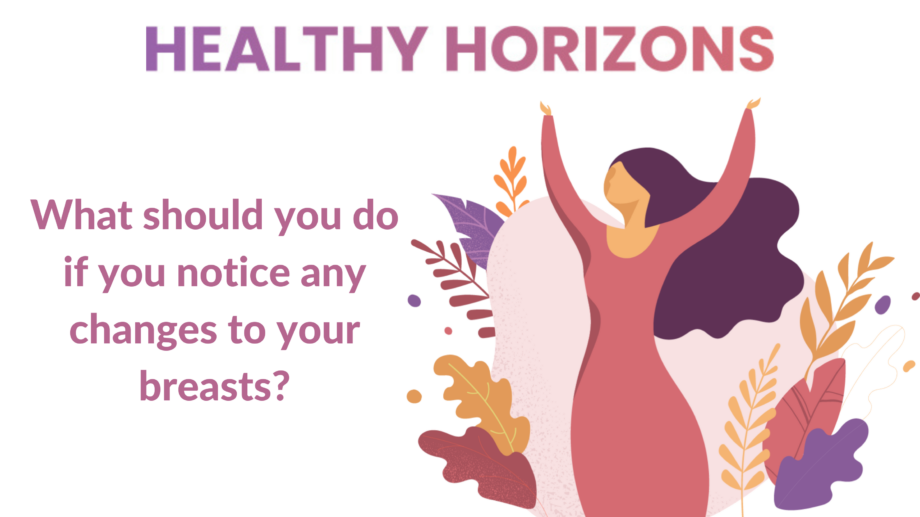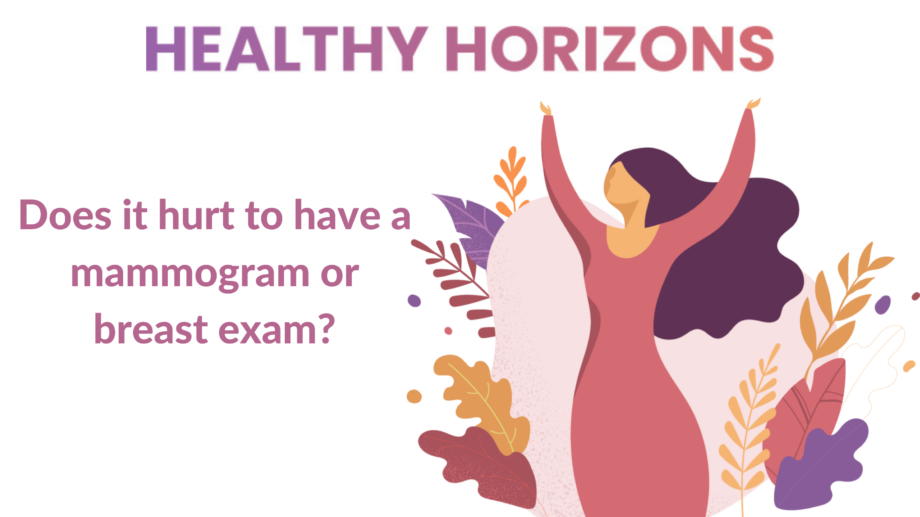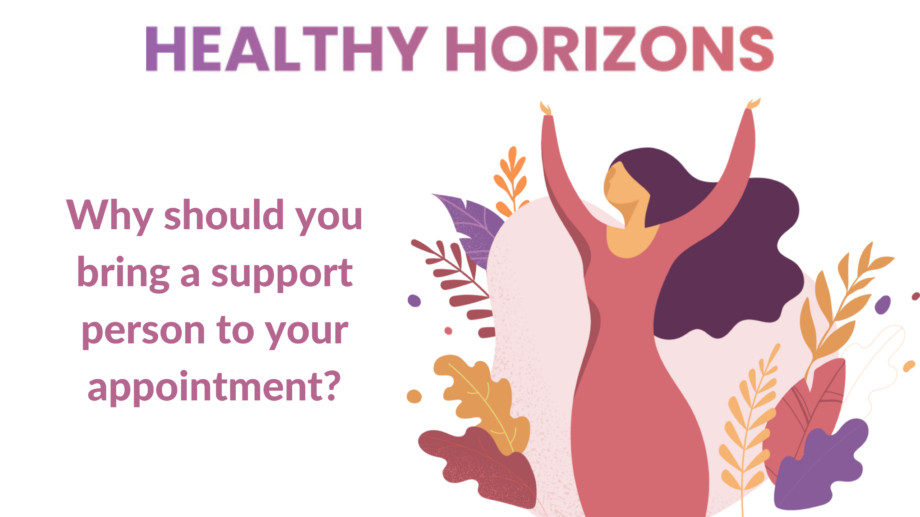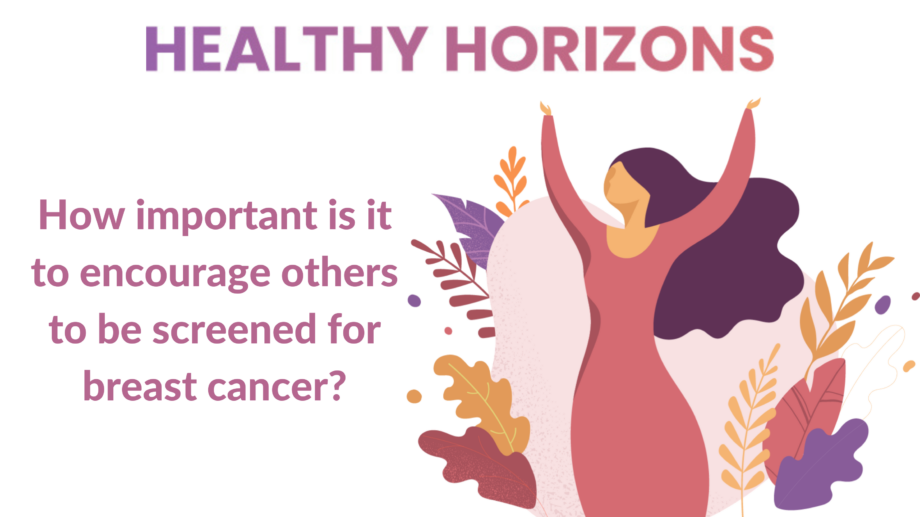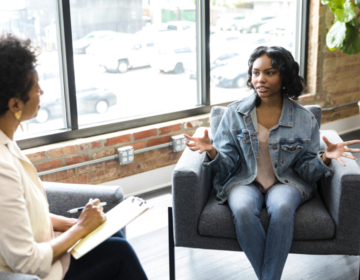Probably the most common question is, "Is this going to hurt me?" So for the mammogram itself, there is a lot of information out there that it is going to hurt a lot and that can often be a deterrent for women to coming and attending the program. But it doesn't have to hurt. We do have to put compression on the breast, when we put the breast on the board and another board comes down firm on top. And that has a number of reasons that we do that. Number one is to help the client keep still so that we don't have a blurry picture, so we get a nice clear picture. It also helps spread the breast tissue out so we can get a good even spread of the tissue and can see anything that's going on there if we spread out all the tissue well. It also helps reduce the amount of radiation that the clients get.
So mammogram is using x-ray, and you're getting a small amount of radiation. So it is important that it's firm but we don't want to hurt the client. There can be a very fine balance. For women who have tender breasts, it is uncomfortable for them. But for the majority of women, it's uncomfortable but it shouldn't hurt. It's that fine balance.
So that's the main question we get. We do have to position the women in different ways; we position so the breast is being compressed from the top and also a picture from the side. And sometimes the positioning can also be a bit uncomfortable as well. But it's important that if someone is feeling uncomfortable, if it's hurting or feeling uncomfortable at all, that they let the radiographer know who's doing the procedure so that they can reposition and try to make it as comfortable as possible.

